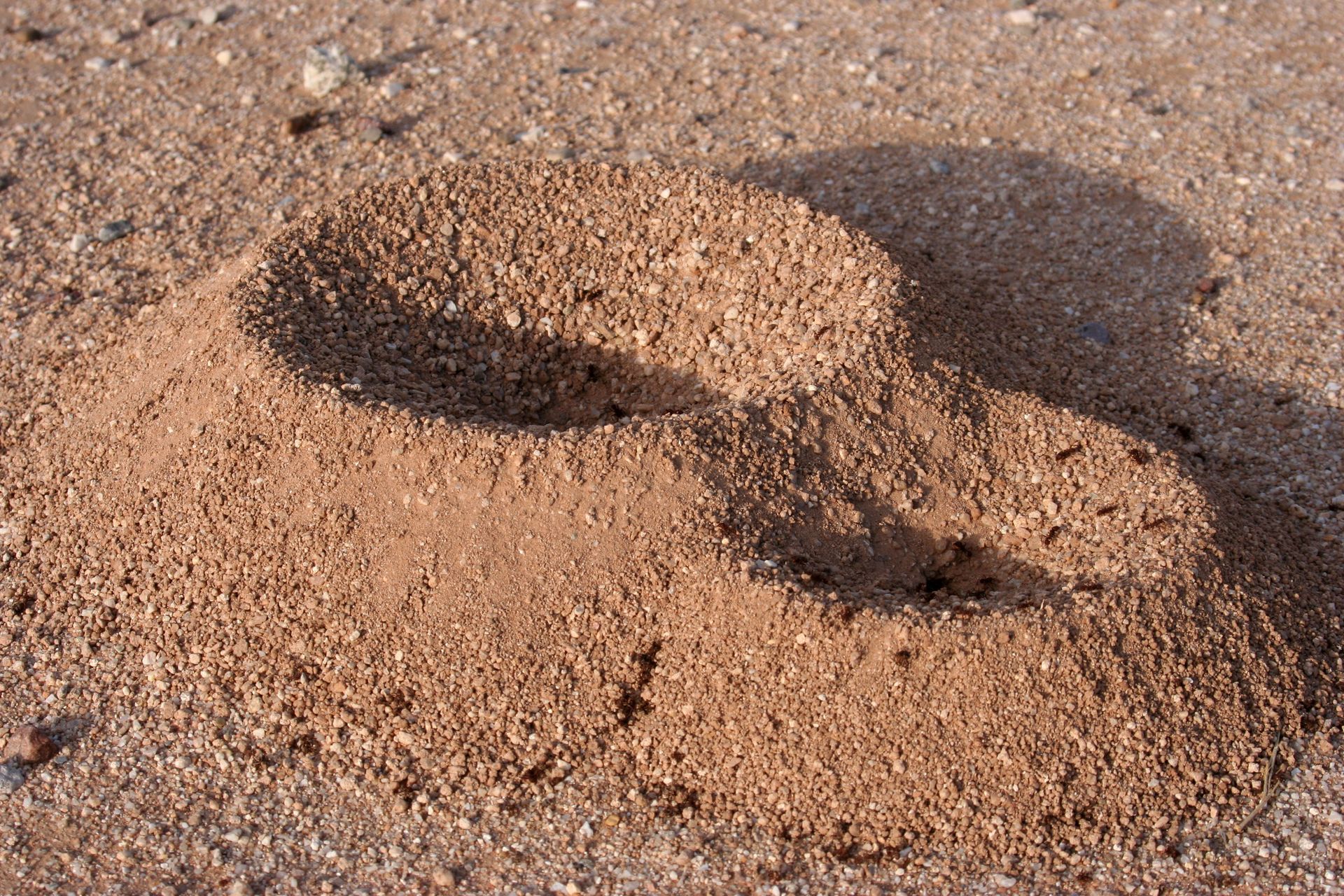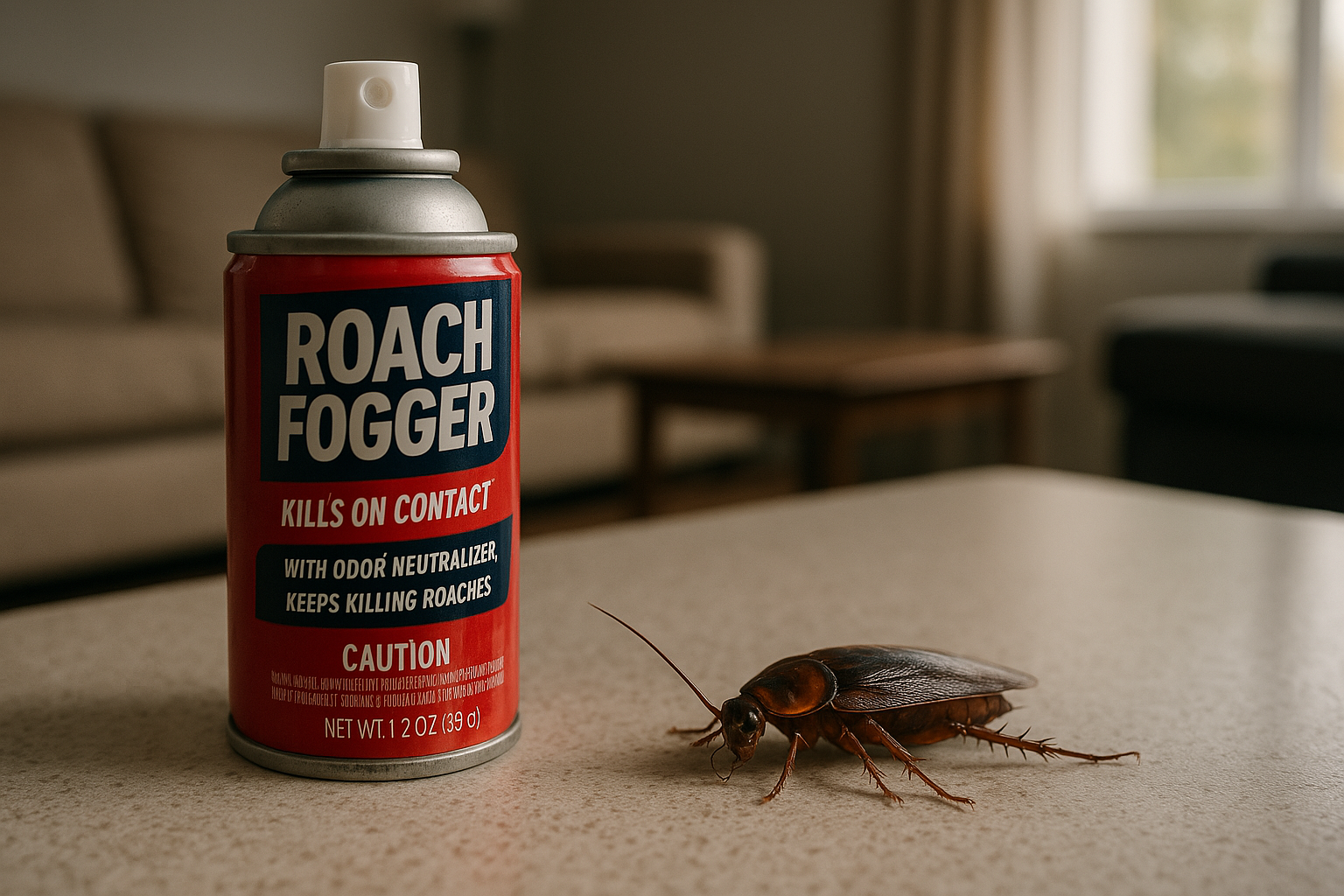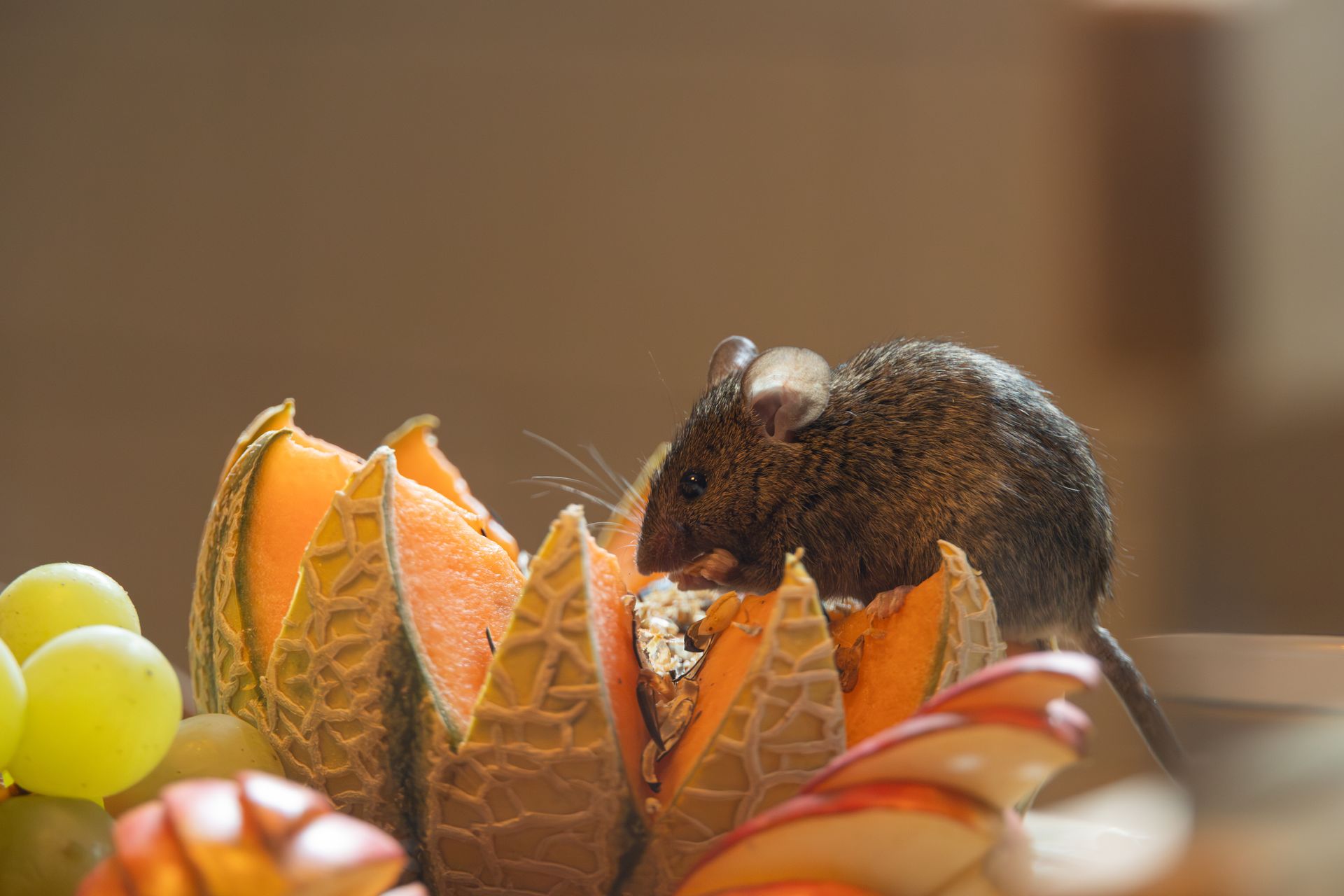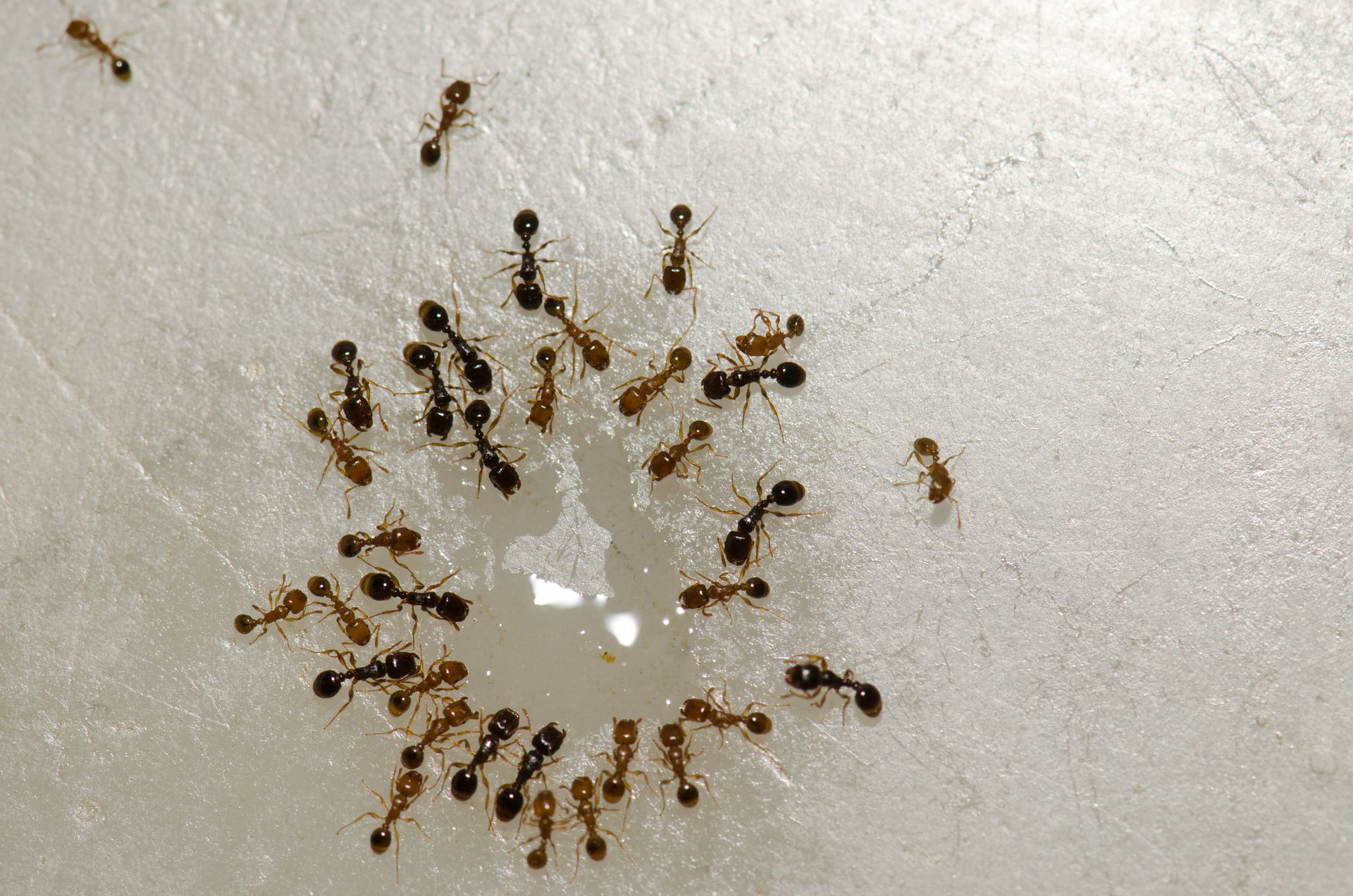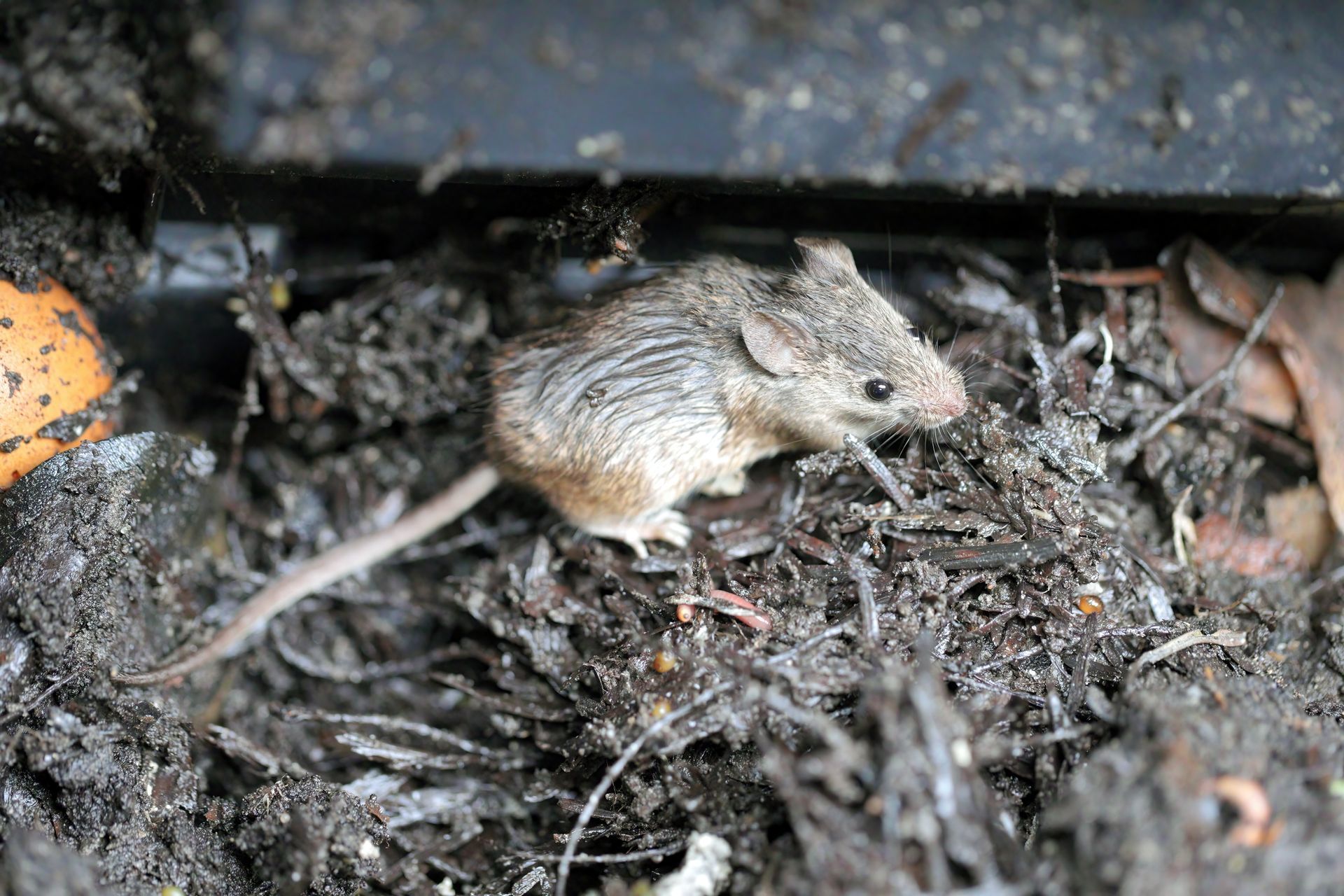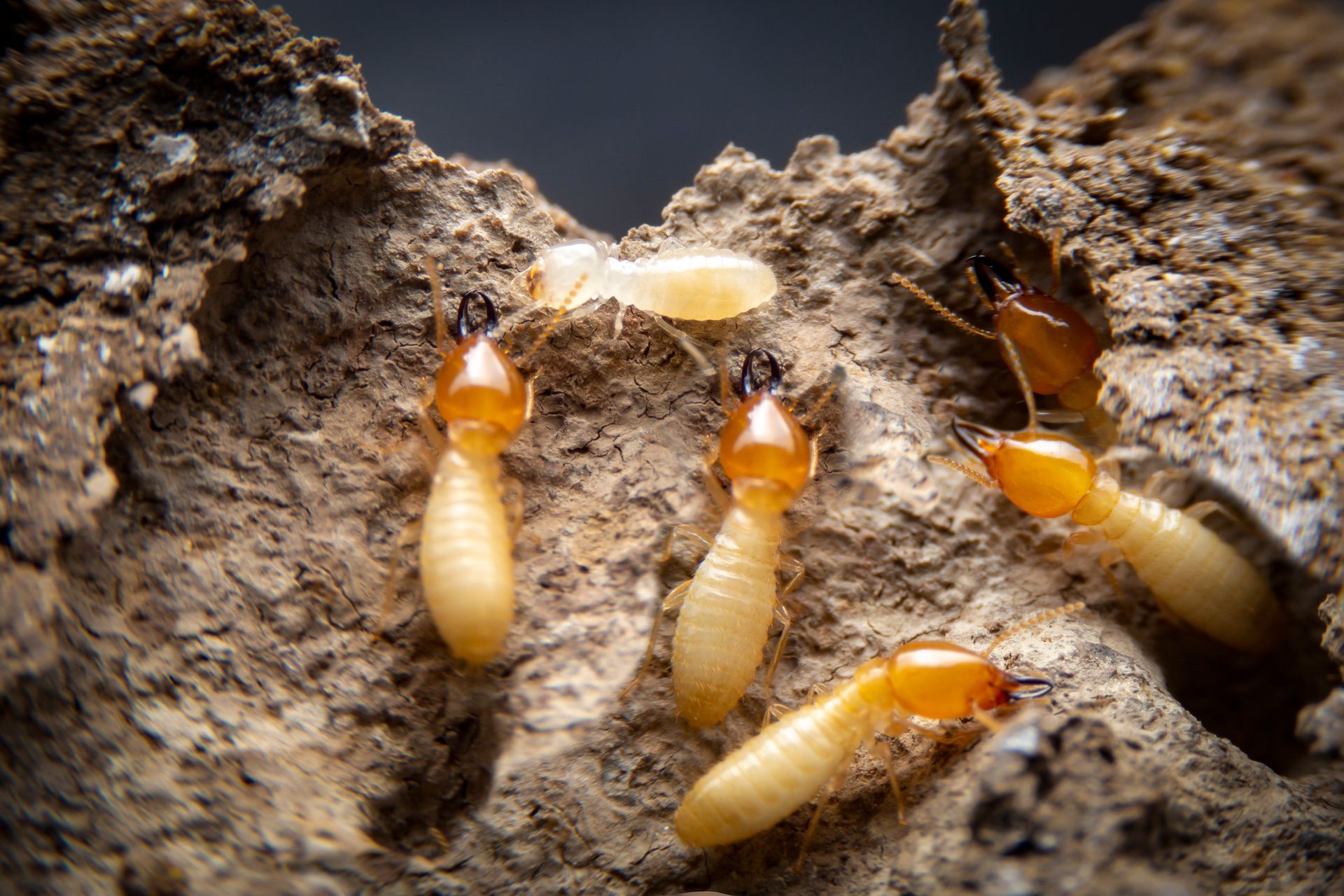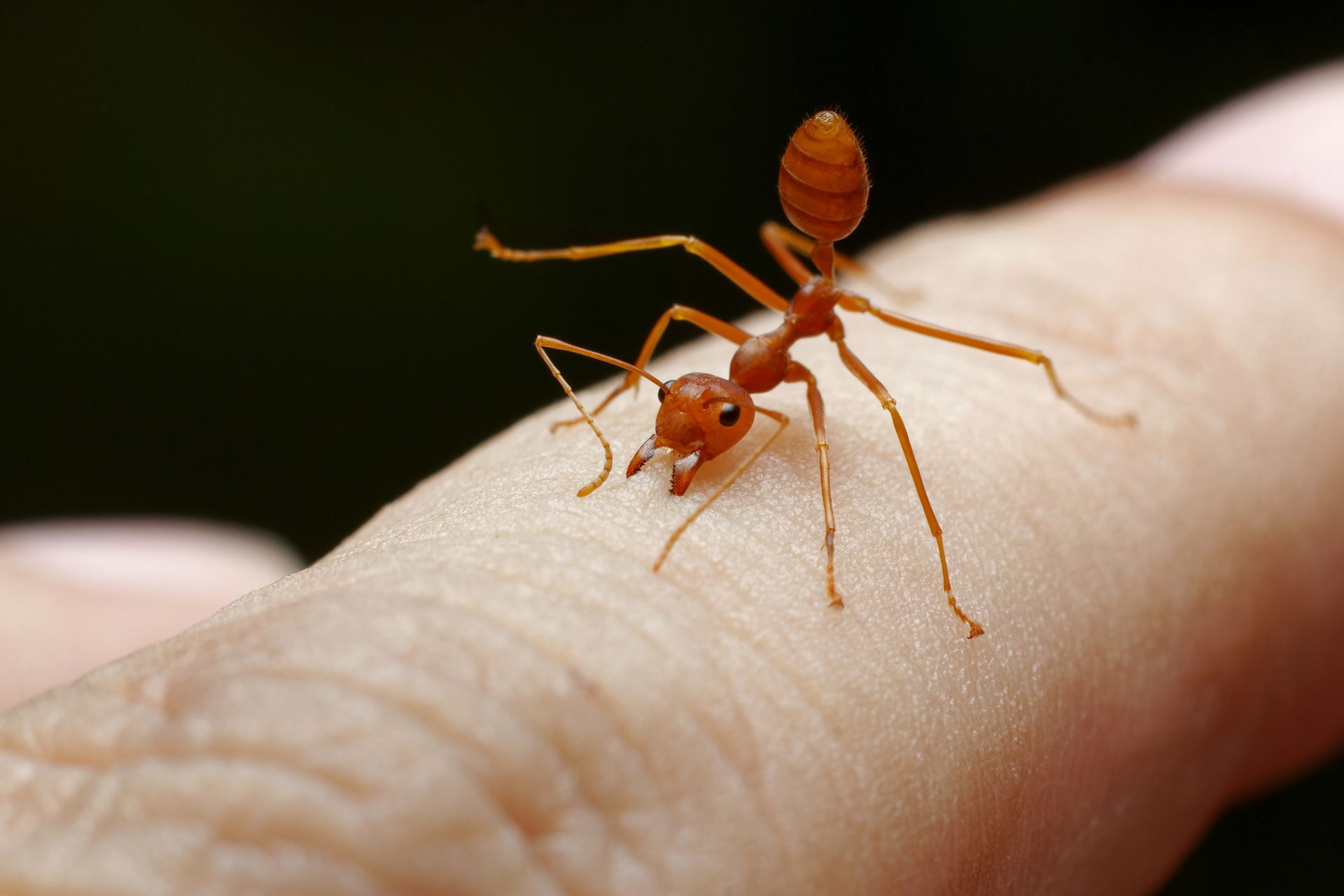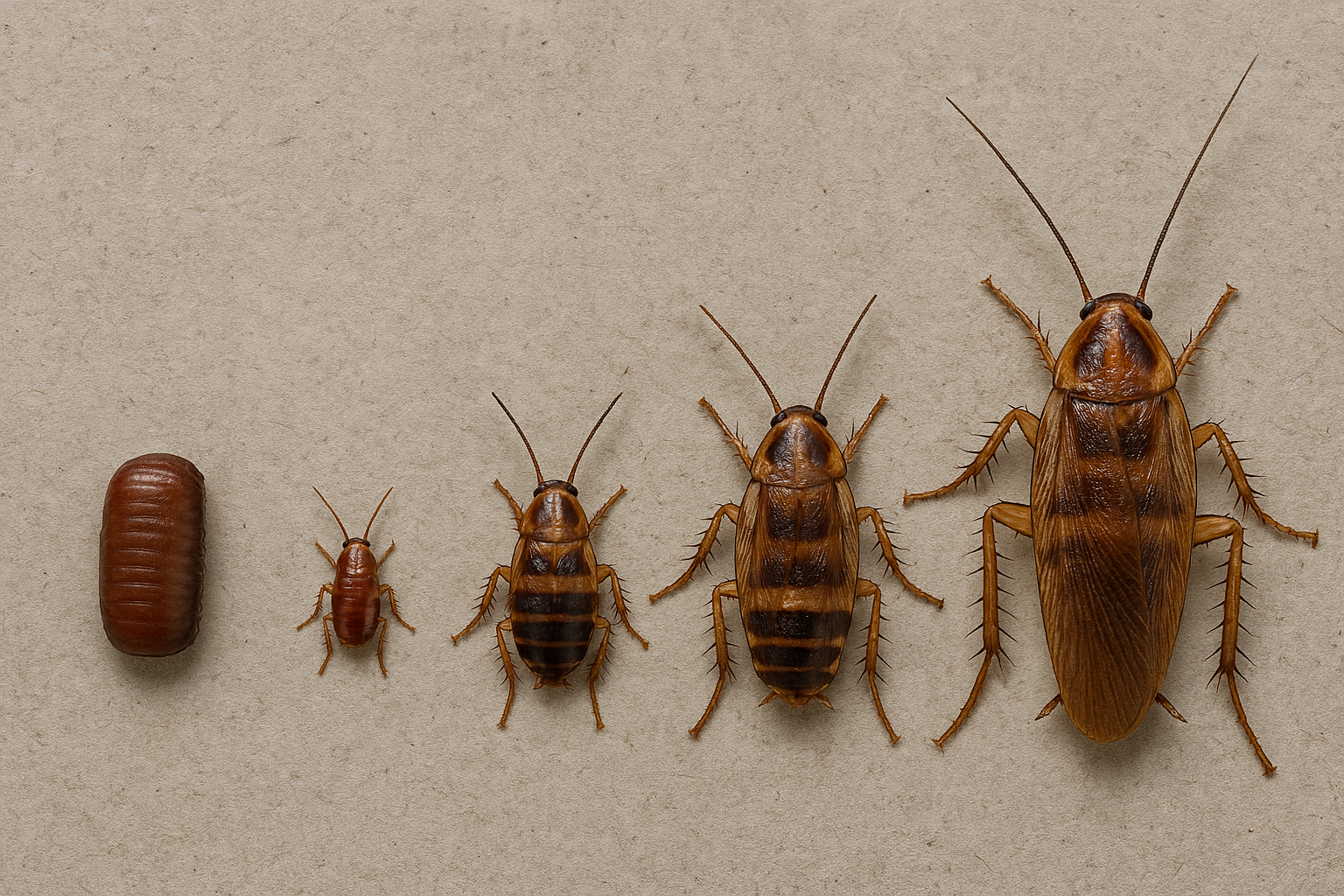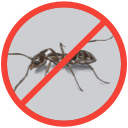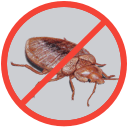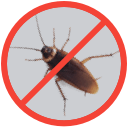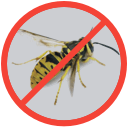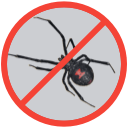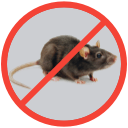Do Ants Eat Aphids?
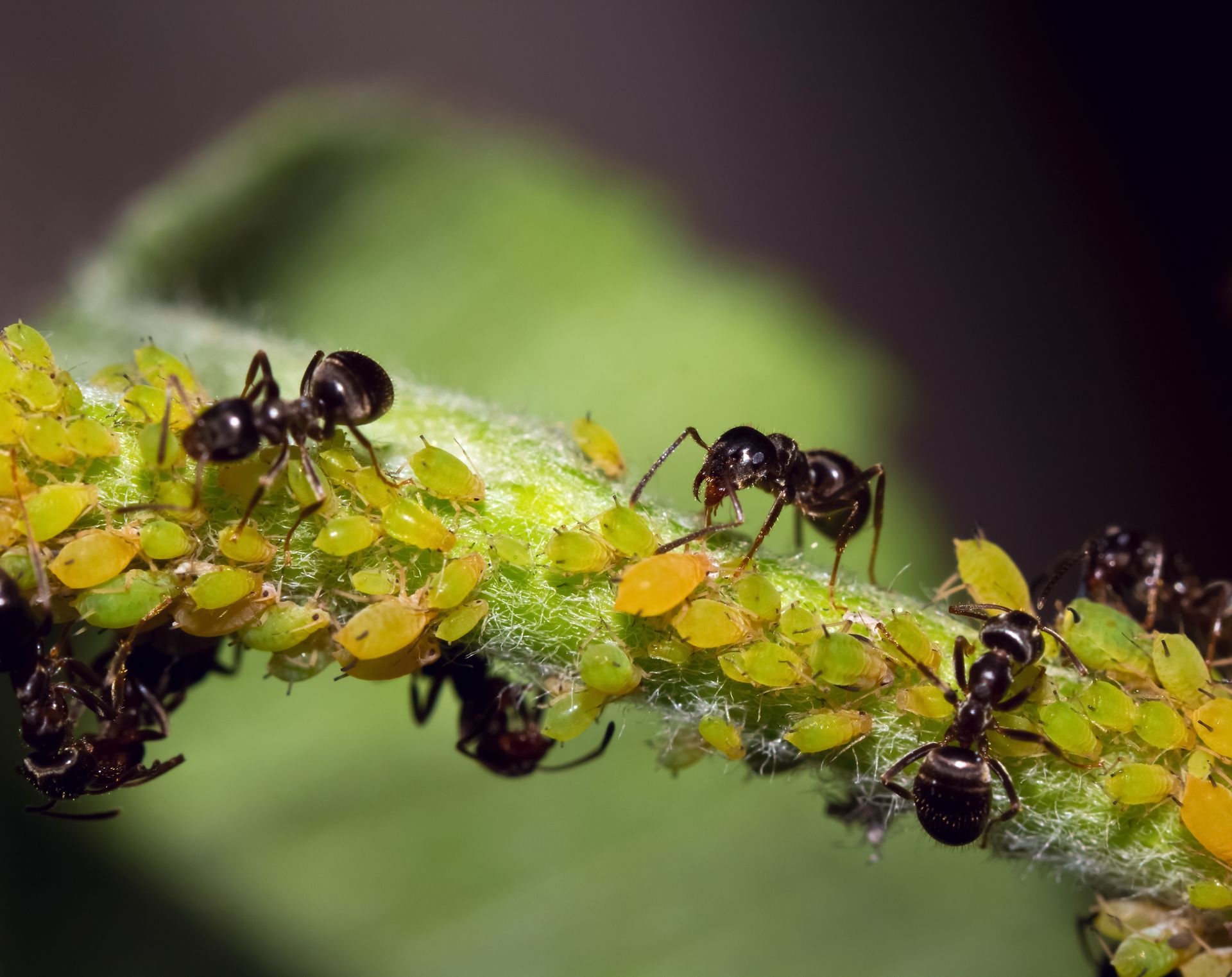
In the fascinating world of insects, ants might not be the first to come to mind. However, ants are one of a very select handful of species in the animal kingdom that are sophisticated enough to farm aphids similar to how humans raise livestock. In a symbiotic relationship, ants have been observed meticulously herding and caring for colonies of aphids to ensure a steady supply of honeydew which is a favorite food source that ants rely on. This sugary secretion that is produced by aphids is highly prized by ants and leads them to protect and even nurture aphid populations.
This unlikely farming practice has profound implications not only for the ants and aphids but also for the plants and the broader ecosystem. Aphids, while small, can wreak havoc on vegetation. They feed voraciously on plant sap which weakens the plant and sometimes spreads viruses that can be lethal to crops. For ants, aphids are the equivalent to dairy cows in the sense that they provide a vital resource that ants use to sustain themselves. This intricate interplay between ants, aphids, and plants showcases a remarkable example of nature's interconnectedness, raising intriguing questions about the dynamics of mutualism and the ecological impact of these relationships.
What are Aphids?
Aphids are often referred to as "plant lice." They are small, sap-sucking insects that pose a significant threat to both indoor and outdoor plants. These pests are notorious for their ability to rapidly multiply and infest plants, which is problematic because they draw out the vital sap from stems and leaves. As they feed, aphids excrete a sticky, sugary substance known as honeydew. This byproduct is a valuable resource to ants, which results in ants tending to aphid colonies to harvest this sweet residue. In a fascinating display of interspecies interaction, ants are known to gently stroke the aphids' abdomens, a process akin to milking, to encourage the production of honeydew.
What Problems Do Aphids Cause?
Aphids are notorious for the multitude of problems they cause in both gardens and agricultural settings. These tiny pests feed on the sap of plants which extract essential nutrients from leaves and stems. The physical damage from their feeding includes discoloration, leaf curling, yellowing, and stunted growth which can severely compromise plant health. Even more concerning is their ability to transmit deadly plant viruses. As aphids pierce plant tissues to suck out sap, they inject pathogens that can lead to molting, yellowing, and poor yields in a variety of garden vegetables and ornamental plants. Over the course of their roughly one-month lifespan, a single aphid can produce between 40 to 85 offspring which exacerbates the issue as their numbers increase rapidly.
Beyond direct damage, aphids produce large amounts of a sticky, sugary substance that coats plant surfaces. This not only attracts other pests like ants but also fosters the growth of sooty mold fungi which can further hinder photosynthesis by blocking light. The presence of honeydew can turn plants into hotspots for various pest-related problems. If that wasn’t bad enough, as aphid colonies grow, they begin producing winged females that spread to new plants which expands their destruction across greater areas. This rapid and widespread impact of aphids underlines the importance of effective management strategies to protect plant health and prevent the extensive damage these pests can cause to individual gardens and commercial crops alike.
What is the Relationship Between Aphids and Ants?
The relationship between aphids and ants is a classic example of symbiosis in the natural world, where both parties derive substantial benefits from their association. Ants are often seen fiercely protecting aphid colonies from natural predators such as ladybirds and lacewings. This protective behavior includes aggressive tactics like lifting off or even crushing these predators to safeguard the honeydew that ants feed on. This sugary, sticky secretion is a favorite of ants because it is rich in essential nutrients like amino acids, proteins, and vitamins. In return for this sweet reward, ants actively manage and cultivate aphid colonies and ensure their safety and lead them to the most nutritious parts of plants.
Further illustrating the depth of this relationship, research has shown that ants go to great lengths to maintain the health and productivity of their aphid herds. They not only protect aphids from predators but also from fungal infections that can decimate aphid populations. In some cases, ants have been observed carrying aphids into their nests for overwintering or transporting aphid eggs to new locations when establishing new colonies. This meticulous care allows the aphid populations to thrive under the guardianship of the ants, which in turn ensures a consistent supply of honeydew. This mutualistic relationship highlights a complex interdependency that significantly impacts the surrounding ecosystem and often leads to increased aphid and ant populations that can pose challenges for managing plant health.
Is the Aphid and Ant Relationship Completely Beneficial to Both Species?
While the relationship between ants and aphids might initially seem mutually beneficial, deeper scrutiny reveals a more complex and sometimes exploitative dynamic. Ants are indeed effective protectors of aphids that ward off predators such as ladybirds and provide a safe environment for aphids to produce the much-valued honeydew. However, this protection comes at a cost to the aphids. Research indicates that ants employ various methods to ensure that aphids remain within their control, thereby securing a constant food supply. For instance, ants have been observed biting off the wings of aphids to prevent them from flying away. Ants also excrete chemicals from their feet that can tranquilize aphids and inhibit the growth of their wings. These chemicals not only slow down aphid movement significantly but also manipulate their behavior to ensure they stay close to the ant colony.
Such manipulations point to a relationship that, while symbiotic, is heavily skewed in favor of the ants. Aphids, though protected from certain threats, find themselves essentially farmed and controlled against their natural instincts. This control extends to restricting their movement and reproductive autonomy, effectively making them dependent on the ants. The strategic containment practices by ants illustrate a sophisticated level of exploitation that, although beneficial for the ants in terms of a reliable honeydew supply, places aphids in a precarious position where their survival is closely tied to the whims of their protectors.
How to Get Rid of Aphids and Ants
Controlling an infestation of aphids and ants in your garden requires a strategic approach that targets both pests effectively. The key is to disrupt the symbiotic relationship between these insects, as addressing one often helps to control the other. Starting with the ants, ant bait stations can be very effective. These stations contain bait that the ants carry back to their colony which results in the entire colony being infected with poison causing colony collapse. With the ants gone, aphids lose their protective guards and become more vulnerable to natural predators.
On the flip side, directly targeting aphids can also lead to a reduction in ant populations. Horticultural soap and neem oil are excellent choices for controlling aphids. These substances work by coating the aphids and disrupting their ability to feed on the plant sap, effectively reducing their population. As the source of honeydew diminishes, the ants may leave in search of a more reliable food source. By implementing these methods, you can manage both pests and help restore the health and beauty of your garden.
Contact EcoGuard if You Are Dealing with Ants or Aphids
If you're struggling with aphids or ants in your garden or on your property, remember that effective solutions are just a call away. EcoGuard Pest Management specializes in dealing with these and other pest issues efficiently and sustainably. Our team of experts is equipped with the knowledge and tools needed to address your pest problems directly, ensuring your garden remains healthy and thriving. Don't let pests overrun your outdoor spaces. Contact EcoGuard Pest Management today and let us help you reclaim your peace of mind and the health of your plants.
Aphid and Ant FAQs
What do ants do for aphids?
Ants play a protective role for aphids, effectively guarding them against natural predators like ladybugs and lacewings. In return for this protection, ants harvest the sweet honeydew that aphids excrete which is a valuable food source for them. This symbiotic relationship allows aphids to thrive under the care of ants which in turn manage and farm the aphids to ensure a continuous supply of honeydew.
Do ants make aphids worse?
Ants can make aphid infestations worse. By protecting aphids from natural predators, ants enable aphid populations to grow unchecked which can lead to more severe damage to plants. Additionally, ants actively farm aphids to harvest their honeydew, often moving them to new feeding sites which can spread the infestation across more plants.
What insect eats aphids?
Several beneficial insects are natural predators of aphids that help control their populations. Ladybugs (or ladybird beetles) are particularly effective, as both their larvae and adults consume aphids. Other aphid predators include lacewing larvae which are voracious eaters of aphids, and hoverflies whose larvae also feed extensively on these pests.
Can ants survive without aphids?
Ants can survive without aphids. While many species of ants benefit from the sugary honeydew that aphids produce and may even protect and farm aphids to access this food source, ants are highly adaptable and can sustain themselves on a variety of other food sources. These can include other insects, plant materials, and organic debris.


